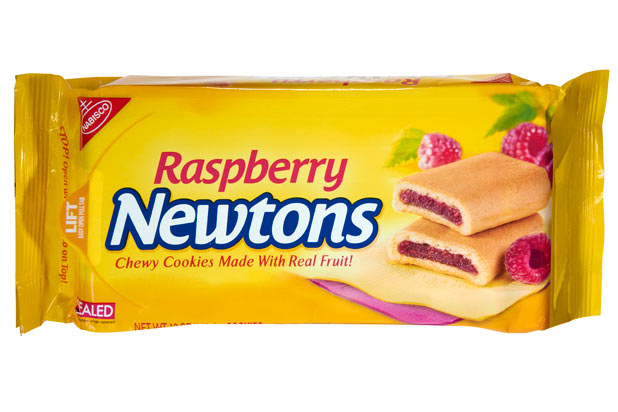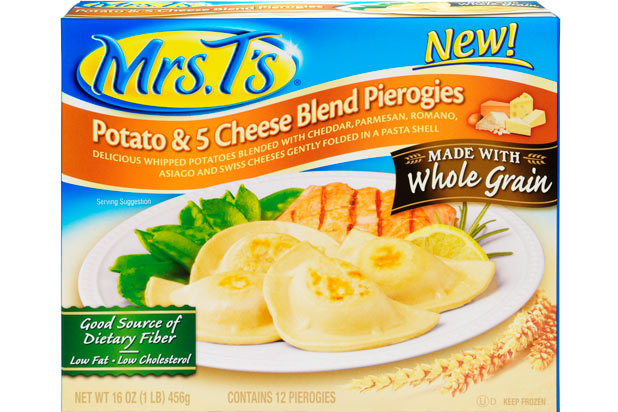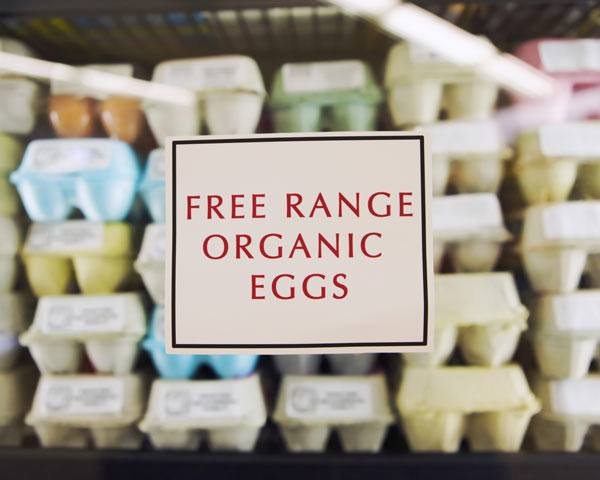11 Health Food Labels That Are Completely Meaningless
When we're at the supermarket, thousands of different food products compete for our attention simultaneously. Just about everyone is looking for healthy-sounding options for themselves and their families, so food companies don't pass up an opportunity to make their products sound as healthy as possible by slapping on a whole host of grandiose claims. Unfortunately, many of those are completely meaningless.
11 Health Food Labels that Are Completely Meaningless (Slideshow)
When a food company is trying to figure out the best way to sell their product, they don't call in nutritional experts, they call in the marketing department, and part of their role is to find a way to make even the unhealthiest, sugary food products come across as healthy-sounding. And the easiest way to do that is to make dubious claims on the packaging that really don't stand up to scrutiny.
For example, the term "all-natural" has been tacked onto everything from potato chips to cola, but the FDA has no official definition for what that term means. The definition of "natural" is "made or caused by nature, not humankind," so technically speaking, unless you're talking about a bunch of foraged celery, it's most likely anything but all-natural.
The best way to know for sure if what you're eating is healthy is to check the ingredients list. If there are 30 ingredients listed and most of them have names like disodium guanylate, put it back. If the label claims that it's "a good source of fiber" but the only source of fiber listed in the ingredients is maltodextrin, put it back (we'll get to the reason later). The fewer ingredients, the better; the fewer chemicals, the better; the rest is just marketing. Do you really think that a doctor recommended you eat that yogurt?
Made with Real Fruit

Sure, there might be peaches and oranges on the box, but the only "real fruit" in the food itself might be white grape juice concentrate, kicked up with a heaping spoonful of "real" high fructose corn syrup.
Made with Whole Grains

It's a good rule of thumb to be wary any time you see "made with" on a label, because sure, there might be a pinch of a whole grain of some sort, it's most likely a completely negligible amount.
